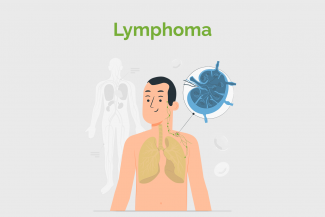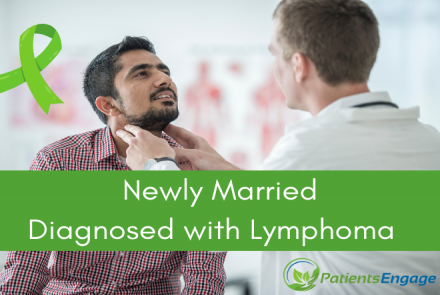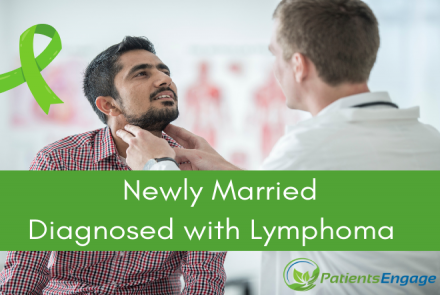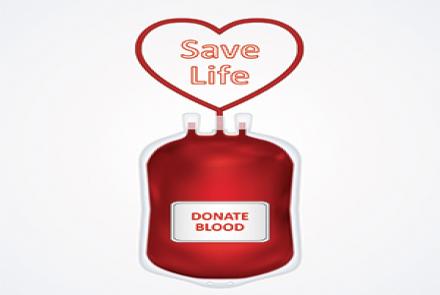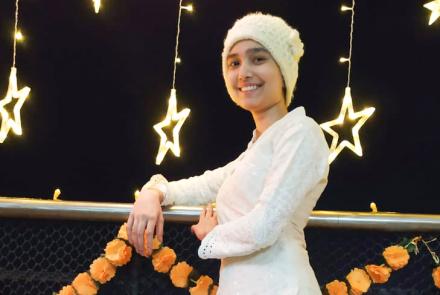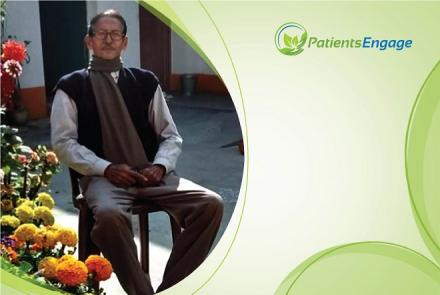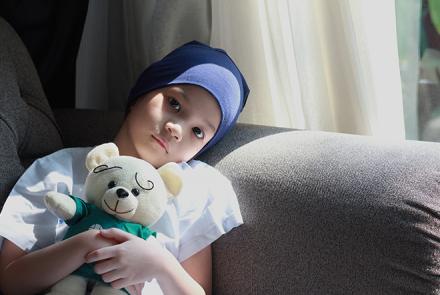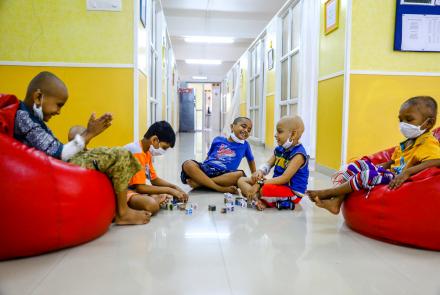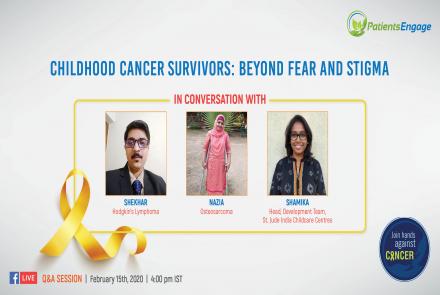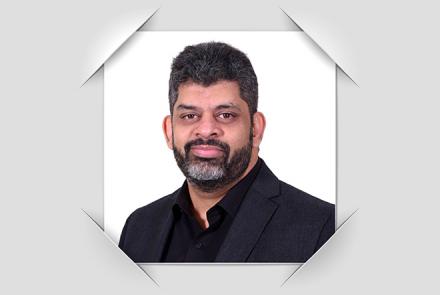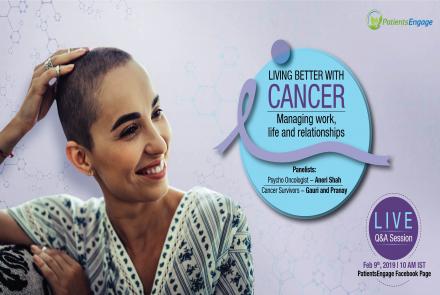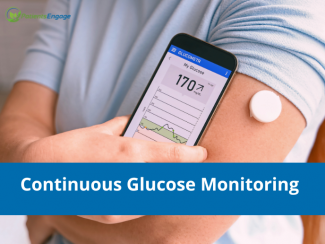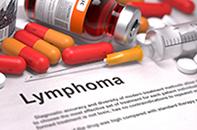
Treatment of Hodgkin's Lymphoma
The choice of treatment of HL is based on the stage at presentation and prognostic factors. Today, the most widely used approach is a combination of chemotherapy with radiation therapy. This approach yields a greater than 90% cure rate.
- Early-stage (stage I-II) favourable disease is treated with short term chemotherapy with ABVD (Adriamycin, bleomycin, vinblastine, and dacarbazine) or BEACOPP or Stanford V regimen.
- Radiation therapy (20-30 Gy) usually 2 to 4 cycles often follows chemotherapy.
- Stem cell transplantation: Used for aggresive cancers or in relapse cases. Stem cell transplant allows patients to take and tolerate higher doses of chemo and radiation.
- Immunotherapy: New treatments being investigated are monoclonal antibodies (rituximab and brentuximab) that stick to proteins on cancer cells and stimulate the immune system to damage the malignant cells. Checkpoint inhibitors like Nivolumab and Pembrolizumab turn off the PD-1/PDL-1 pathways that allow the immune system to find and kill the cancer cells.
Treatment of Non-Hodgkin's Lymphoma
- Chemotherapy: Anti cancer drugs in combination with immunomodulator drugs is usually the treatment of choice. Common combination of drugs include CHOP (cyclosphosphamide, hydroxydaunorubicin, oncovin and prednisone) and CVP (cyclosphosphamide, vincristine, prednisone).
- Immunotherapy drugs that target specific antigens such as the CD20 antigen (a protein on the surface of B cells) or the CD52 or CD30 (antigen used to identify tumor cells).
- Targeted therapy uses enzyme inhibitors that allow cancer cells to grow and survive.
- Stem cell transplantation: Used for aggresive cancers or in relapse cases. Stem cell transplant allows patients to take and tolerate higher doses of chemo and radiation.
- Surgery: Surgical intervention in NHL is limited but can be useful in selected situations (eg, brain lymphomas), particularly in localized disease.
Treatment of Burkitt's Lymphoma
Burkitt’s lymphoma may spread to the fluid surrounding the brain and spinal cord. Intensive intravenous chemotherapy is the preferred treatment for Burkitt’s lymphoma. Chemotherapy drugs may also be injected directly into the cerebrospinal fluid, a treatment known as intrathecal chemotherapy.
Other treatments for Burkitt’s lymphoma may include intensive chemotherapy in combination with Autologous stem cell transplantation, radiation therapy, steroid therapy.

